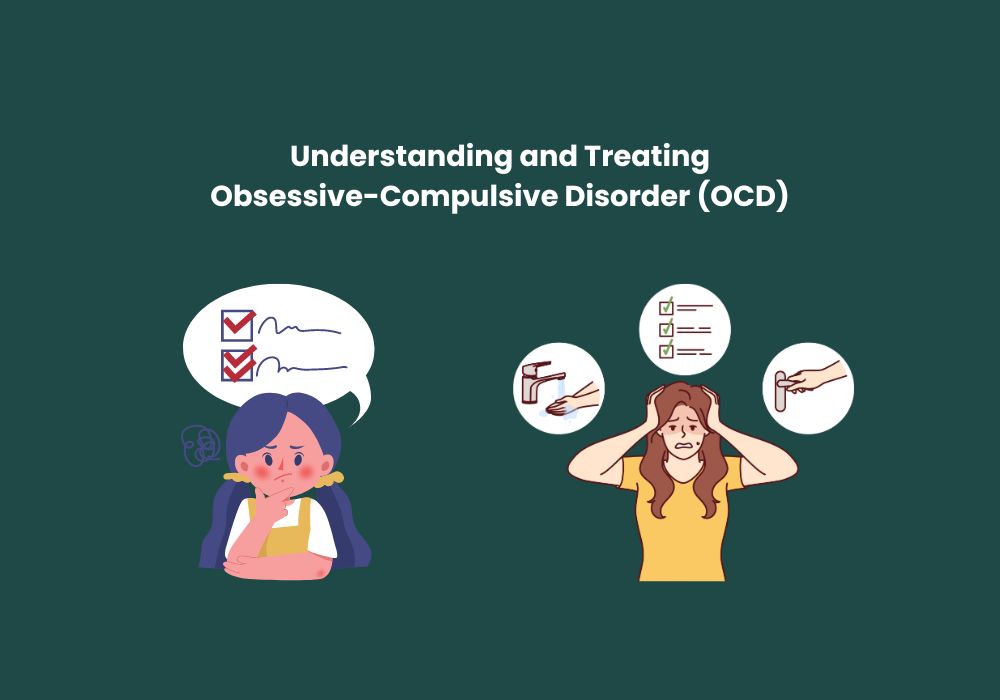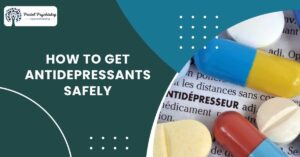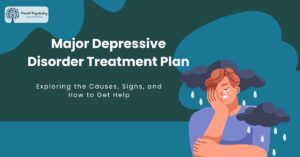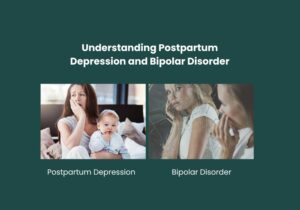Obsessive-Compulsive Disorder (OCD) is a chronic mental health condition that affects millions of people worldwide. It is characterized by persistent, unwanted thoughts, known as obsessions, and repetitive behaviors or mental acts, called compulsions, that individuals feel compelled to perform. These compulsive behaviors are often carried out in an effort to reduce the anxiety or distress caused by the obsessions, though relief is usually temporary.
The exact cause of OCD is not fully understood. Research suggests that a combination of factors may contribute, including genetic predisposition, neurological differences in brain function, behavioral patterns, cognitive processes, and environmental influences. Each of these factors can interact in complex ways, influencing the severity and expression of the disorder. Understanding these elements can help guide effective treatment and support strategies for those living with OCD.
Before reading this blog, check out our previous post on Understanding the Symptoms of Severe Anxiety Disorder.
Recognizing the Symptoms of Obsessive-Compulsive Disorder (OCD)
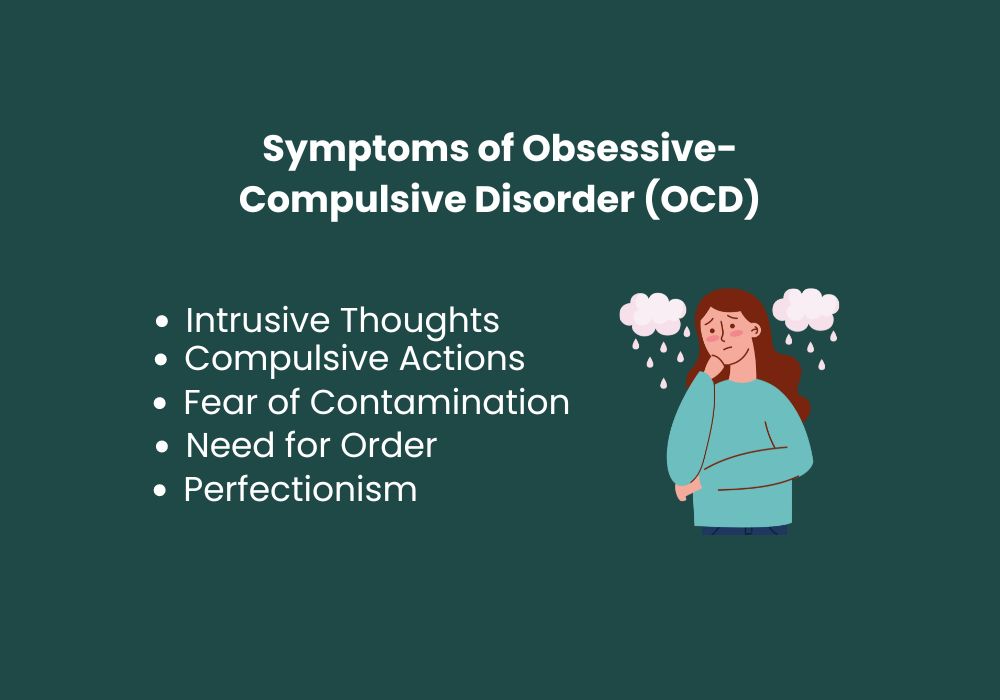
Obsessive-Compulsive Disorder (OCD) involves persistent, unwanted thoughts (obsessions) and repetitive behaviors (compulsions). Common symptoms include:
- Intrusive Thoughts: Repeated, distressing thoughts about harm, contamination, or perfection.
- Compulsive Actions: Repetitive behaviors like excessive handwashing, checking, or counting to alleviate anxiety.
- Fear of Contamination: Extreme fear of germs or dirt, leading to avoidance of touching objects.
- Need for Order: A strong urge for symmetry or exactness, often spending hours organizing.
- Perfectionism: Intense fear of making mistakes, leading to overthinking and procrastination.
- Time-Consuming Rituals: Actions that take up large amounts of time, disrupting daily life.
OCD symptoms vary but typically interfere with daily functioning and cause significant distress.
Evidence-Based Treatments for Obsessive-Compulsive Disorder (OCD)
Obsessive-Compulsive Disorder (OCD) symptoms can vary widely from person to person, but they generally fall into the categories of obsessions and compulsions. Common obsessions include:
- Fear of contamination or dirt
- Intense worry about harm coming to oneself or others
- Unwanted taboo thoughts involving sex, religion, or harm
- A need for symmetry or exactness
Compulsions are repetitive behaviors or mental acts performed to neutralize the distress caused by obsessions. Common compulsions include:
- Excessive cleaning or handwashing
- Checking locks, appliances, or switches repeatedly
- Counting, tapping, or repeating certain words or actions
- Arranging items in a particular order
Effective Treatments for Obsessive-Compulsive Disorder (OCD)
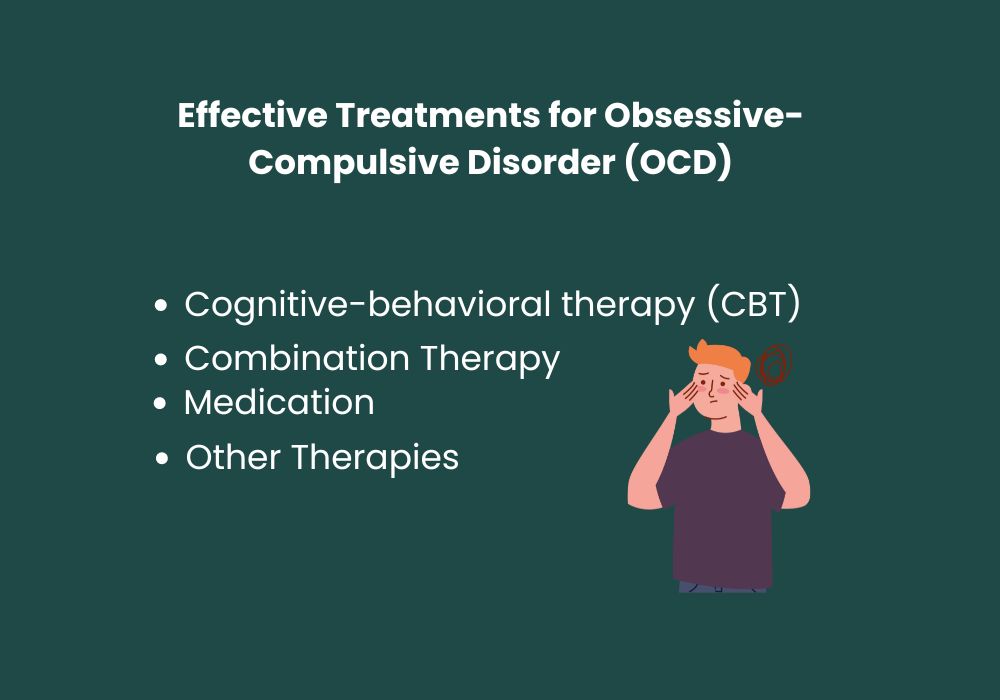
While OCD can be a debilitating condition, effective treatments are available that can significantly improve the quality of life for those affected. The primary treatment options include:
1. Cognitive-behavioral therapy (CBT)
Cognitive-behavioral therapy (CBT), especially a type called Exposure and Response Prevention (ERP), is widely regarded as the most effective treatment for OCD. ERP works by gradually exposing the person to situations or thoughts they fear (exposure) while helping them resist the urge to carry out their compulsive behaviors (response prevention).
Over time, this method helps reduce the anxiety caused by obsessive thoughts. It also weakens the drive to perform repetitive, ritualistic behaviors. Consistent practice of ERP can significantly improve daily functioning and overall quality of life for individuals living with OCD.
2. Medication
Selective Serotonin Reuptake Inhibitors (SSRIs) are often prescribed to treat OCD. Common SSRIs include fluoxetine, sertraline, and fluvoxamine. These medications work by raising serotonin levels in the brain, which can help lessen obsessive thoughts and compulsive behaviors.
In some situations, other medications may be used. For example, clomipramine, a tricyclic antidepressant, can also be effective for reducing OCD symptoms. Doctors choose the best medication based on the individual’s needs and response to treatment.
3. Combination Therapy
For some people, using both CBT and medication together may work best. This combined approach can target both the behavioral patterns and the brain chemical imbalances that contribute to OCD.
By addressing these different aspects, combined treatment often provides more complete relief from symptoms. It can help individuals feel more in control, reduce anxiety, and improve daily functioning over time.
4. Other Therapies
In cases where traditional treatments are not effective, other options may be considered, such as:
- Deep Brain Stimulation (DBS): A surgical treatment involving the implantation of electrodes in specific brain areas. It is usually considered for severe, treatment-resistant OCD.
- Transcranial Magnetic Stimulation (TMS): A non-invasive procedure that uses magnetic fields to stimulate nerve cells in the brain. TMS is also being studied as a potential treatment for OCD.
Self-Help Strategies and Support
In addition to professional treatment, several self-help strategies can aid in managing OCD symptoms:
- Education: Understanding OCD and its treatment options can empower individuals to seek appropriate help.
- Mindfulness and Relaxation Techniques: Practices such as mindfulness meditation and progressive muscle relaxation can help reduce anxiety.
- Support Groups: Connecting with others who have OCD can provide emotional support and practical advice.
Seeking Help
If you or someone you know is dealing with OCD, it is very important to get professional help. Early treatment can greatly improve symptom management and overall quality of life.
At Peniel Psychiatry, our team of skilled professionals is committed to providing thorough care that is customized to each person’s unique needs. We focus on helping individuals manage their symptoms, build coping skills, and improve daily functioning.
Conclusion
OCD is a challenging and often persistent condition, but with the right treatment and ongoing support, individuals can lead fulfilling and meaningful lives. Effective treatment options include therapy, medication, or a carefully guided combination of both. These approaches can help manage symptoms, reduce anxiety, and improve overall functioning, allowing people to engage more fully in daily activities and relationships.
If you or a loved one need assistance, it is important to reach out to a qualified mental health professional. At Peniel Psychiatry, our team of experienced clinicians is dedicated to providing expert guidance, personalized care, and compassionate support. We work closely with each individual to develop a treatment plan that addresses their unique needs and helps them move toward recovery and a higher quality of life.

